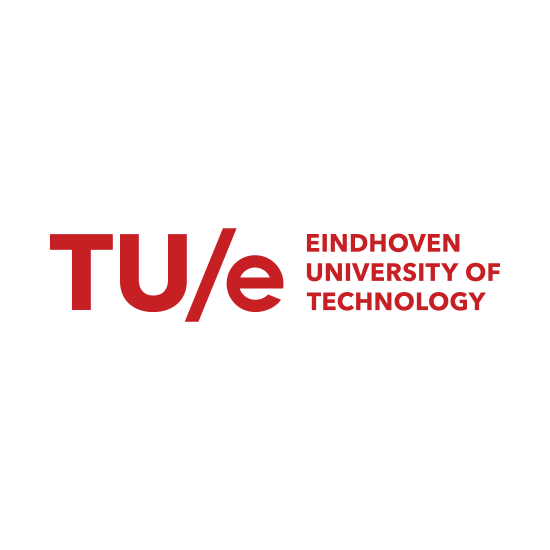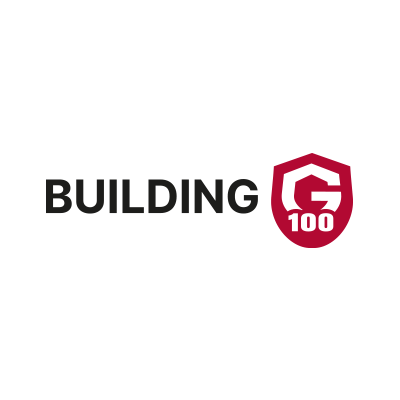OWNER & OCCUPANT KPI’S ORIENTED MODEL PREDICTIVE OPEN BUILDING CONTROL
Effective utilization of a building's energy flexibility can enhance the reliability and efficiency of local energy supplies.
As buildings increasingly rely on electricity for maintaining indoor climates, they face several challenges:
- Fluctuating Energy Supply: The growing use of renewable energy sources leads to variability in electricity availability;
- Grid Congestion: Limited capacity of the electrical grid can cause bottlenecks.
This is especially crucial for large, complex building systems equipped with heat pumps, thermal storage, and extensive distribution networks. Often, these systems suffer from suboptimal energy and comfort performance due to regulatory stability issues and ambiguous design principles.
The energy transition demands buildings that are Paris Proof—capable of self-sustaining through renewable generation, energy buffering, and efficient usage. Real estate owners and managers must responsibly achieve sustainability goals aligned with the energy transition. Managers need tools to monitor and report on Key Performance Indicators (KPIs) as per the Corporate Sustainability Reporting Directive (CSRD), ensuring their organizations meet energy transition objectives and optimize operational settings.
“To make buildings sustainable through universally applicable smart control systems, open communication of BMS (Building Management System) data is essential.”
Given the current grid congestion issues, the flexible use of energy consumers in buildings has become essential. However, with the current standard of control technology, this cannot be achieved sustainably. Through this project, we aim to make advanced control technology easily applicable in all buildings. Managers will be provided with a dashboard where they can define their (business) objectives, after which the control system will automatically manage the building to meet them.
“With this project, we are taking a major step towards open communication structures for BMS data, enabling the application of smart algorithms.”
Joep van der Velden,
Director Building Automation
Kropman B.V.
This project is funded by the Dutch grant program for Mission-Driven Research, Development, and Innovation (MOOI). This program was initiated by the Dutch Ministry of Economic Affairs and Climate Policy, along with the Ministry of the Interior and Kingdom Relations, and is administered by the Netherlands Enterprise Agency (RVO).
BuildInFlexergy was initiated in partnership with key stakeholders across the building industry, in the Netherlands. It aims to advance open knowledge exchange and drive innovation through strategic alignment and broad dissemination of outcomes.
MOOI
subsidy program
Our partners
This project brings together 12 partners, including 10 industry representatives — comprising installation companies, energy consultancies, platform/interface developers, building owners and managers, technology suppliers, and other subject matter experts — alongside 2 knowledge institutions. The project is managed and coordinated by Kropman B.V.
















